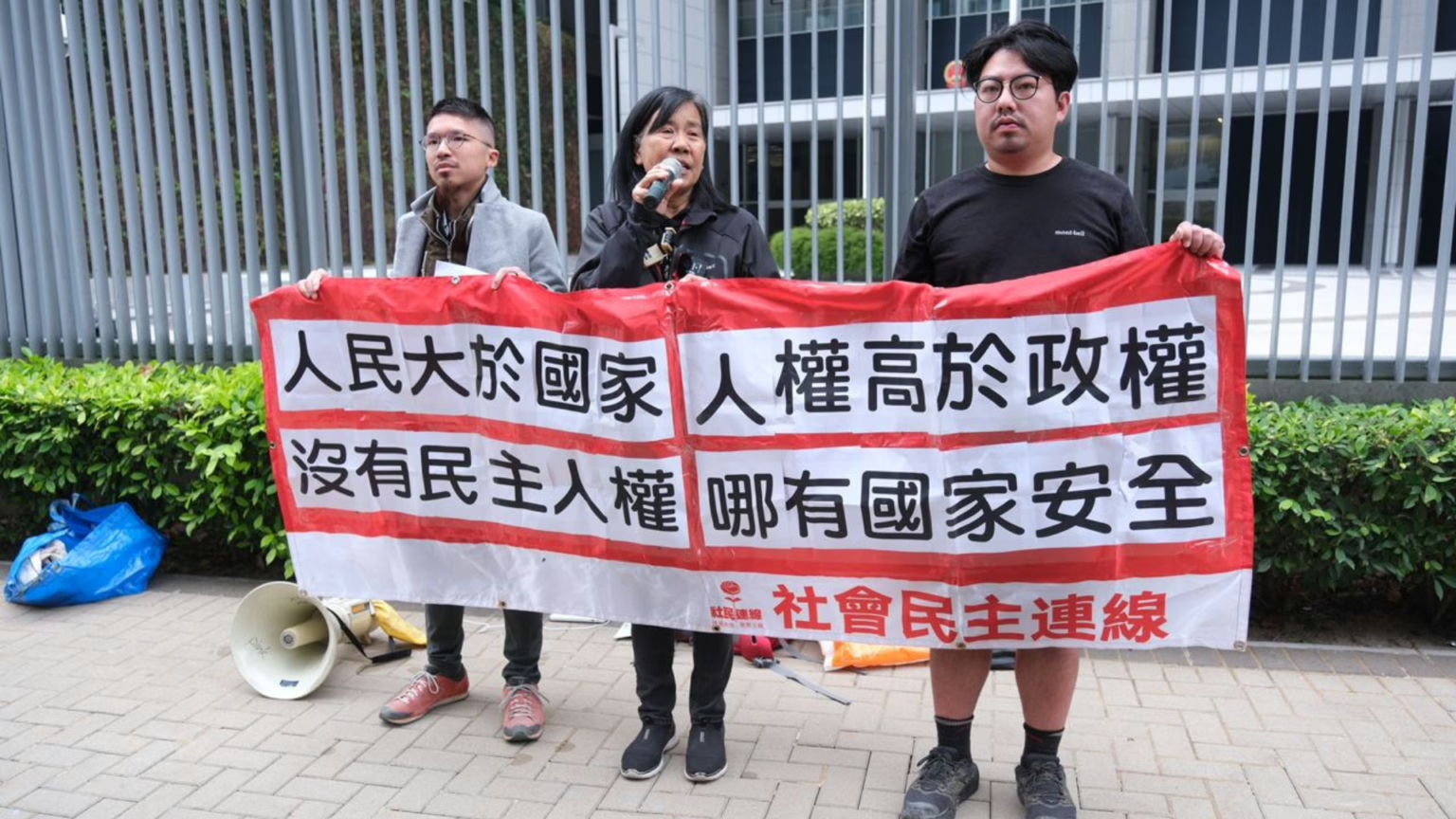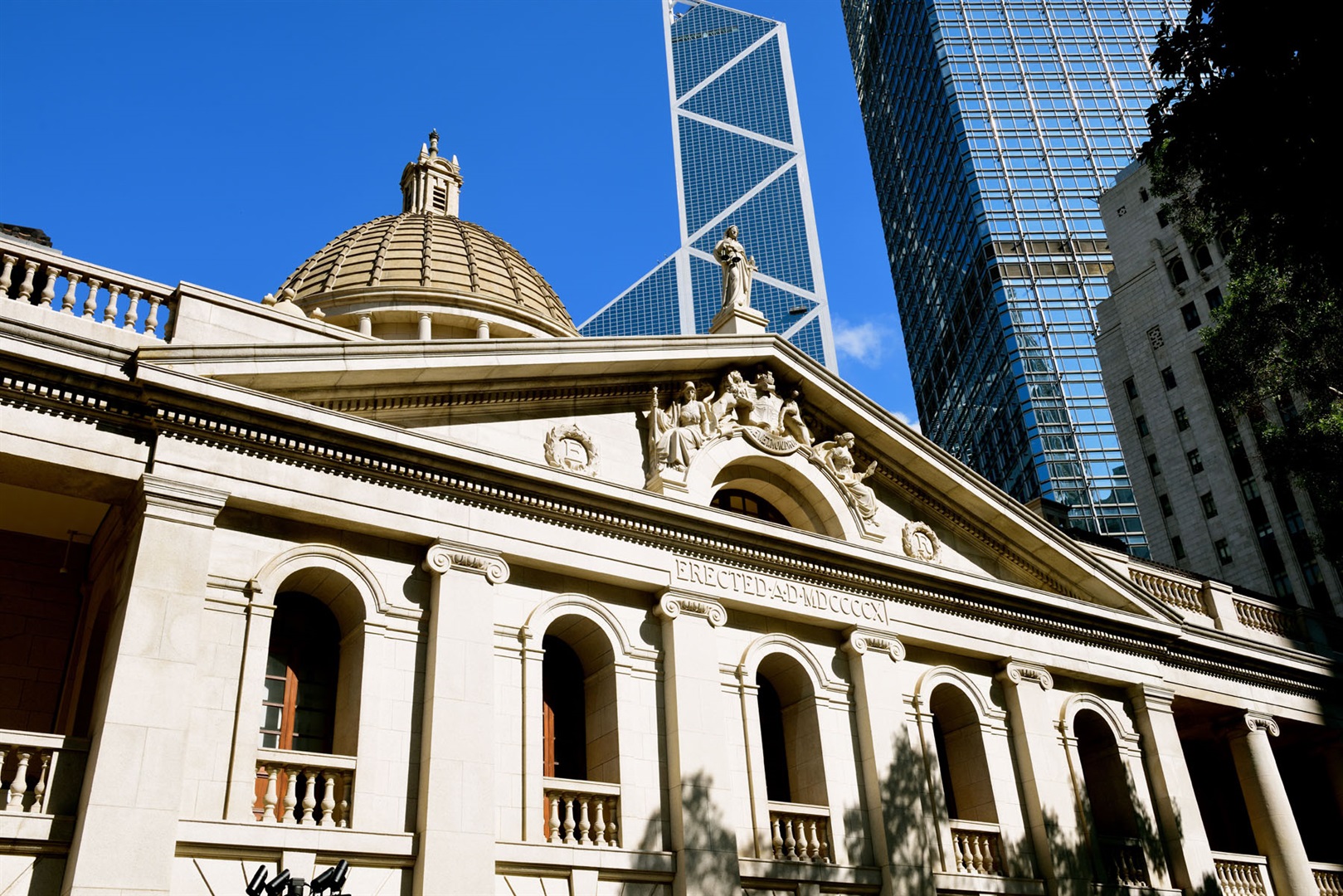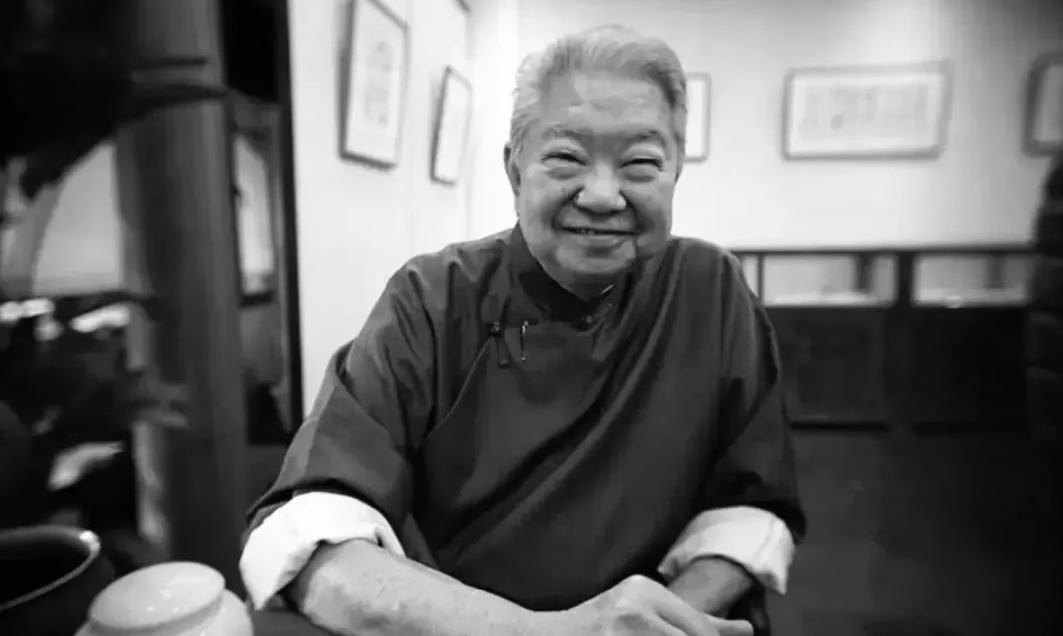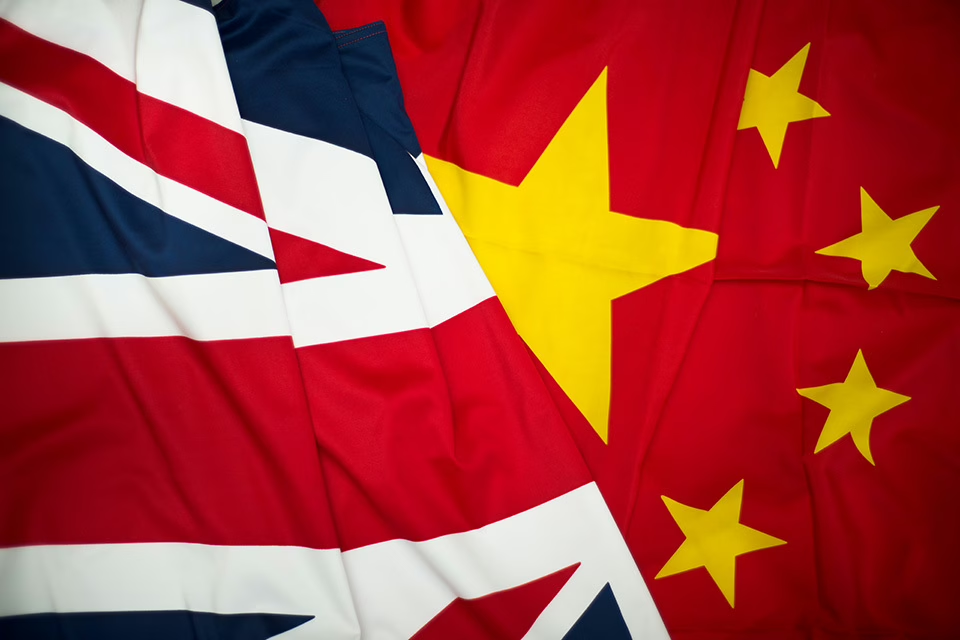The Social Democratic League (LSD), a prominent pro-democracy political party in Hong Kong, announced its dissolution yesterday, falling short of its 20th anniversary. As one of the city’s most notable democratic organisations, the LSD’s dissolution has sparked widespread public concern, reflecting the ongoing transformation of Hong Kong’s political landscape. This report reviews the LSD’s historical timeline, iconic members, key issues that captured public attention, and the status of members currently imprisoned or who have left Hong Kong.
LSD’s Historical Timeline
The Social Democratic League (LSD) was founded in 2006 by a group of left-wing grassroots activists, committed to advancing democracy and social justice through radical activism. Below are key milestones in the LSD’s history:
- 2006: The LSD was established, with Wong Yuk-man as its first chairman, alongside core members Leung Kwok-hung and Albert Chan. It positioned itself as a radical faction within the pro-democracy camp, advocating “no change without struggle.”
- 2008: The LSD achieved a breakthrough in the Legislative Election, securing three seats (Wong Yuk-man, Leung Kwok-hung, and Albert Chan) with over 10% of the vote, emerging as a new political force. That same year, Wong Yuk-man threw a banana at then-Chief Executive Donald Tsang in the Legislative Council, protesting means-testing for elderly welfare payments, sparking widespread debate.
- 2010: The LSD participated in the “Five Constituencies Resignation” campaign, pushing for a referendum on universal suffrage, though the initiative fell short of expectations and caused rifts with other pro-democracy groups.
- 2011: Internal ideological differences led Wong Yuk-man and Albert Chan to leave the LSD and form People Power, slightly diminishing the LSD’s influence.
- 2014: The LSD played a significant role in the Umbrella Movement, with Leung Kwok-hung and others leading street protests, cementing its radical image.
- 2020: Following the implementation of the Hong Kong National Security Law, the LSD’s operational space shrank, with several members arrested or withdrawing from public activities. Leung Kwok-hung was arrested in 2021 over the “35+ primaries case” and remains detained.
- 2021: Chan Po-ying took over as LSD chairman, continuing to advocate for labour rights and social welfare, though the organisation faced mounting challenges.
- 2025: Citing pressure from authorities and the risk of “severe consequences,” the LSD announced its dissolution, marking the end of its nearly 20-year history.
Iconic Members
The LSD’s history is inseparable from several influential figures whose bold actions and political stances shaped its identity:
- Leung Kwok-hung (nicknamed “Long Hair”): The LSD’s most iconic figure, recognisable for his long hair and Che Guevara T-shirts. Elected as a legislator multiple times since 2004, he was known for protests both inside and outside the Legislative Council, such as throwing a “Pinocchio” doll at Chief Executive CY Leung in 2012 to question his integrity. Leung was arrested in 2021 under the National Security Law and remains in custody.
- Wong Yuk-man: The LSD’s founding chairman, known for his fiery rhetoric and parliamentary protests. He led the LSD to electoral success in 2008 but left in 2011 due to ideological differences, later founding People Power.
- Chan Po-ying: Leung Kwok-hung’s wife, who became LSD chairman in 2021. Amid the near-total silence of pro-democracy groups, she persisted in advocating for labour and grassroots rights until the recent dissolution announcement. She stated that while the organisation is dissolving, its members’ commitment to democracy remains steadfast.
- Albert Chan: A founding member who, alongside Wong Yuk-man, left in 2011 to form People Power. He was known for championing grassroots rights and opposing government policies, participating in numerous large-scale protests.
Issues That Captured Public Attention
The LSD’s radical stance and direct actions brought several social issues into the public spotlight, with the following being particularly impactful:
- Campaign for Universal Suffrage: The LSD consistently pushed for full universal suffrage for the Chief Executive and Legislative elections, playing a key role in the 2010 “Five Constituencies Resignation” and the 2014 Umbrella Movement, establishing itself as a vanguard for democracy.
- Grassroots Rights: The LSD focused on wealth inequality, repeatedly protesting inadequate government welfare policies, such as demanding universal pension schemes and higher minimum wages. Its 2013 action of throwing a cloud-shaped cushion at Financial Secretary John Tsang to demand a universal pension gained significant media coverage.
- Opposition to the National Security Law and Political Suppression: Following the 2020 implementation of the National Security Law, the LSD openly criticised its impact on free speech and civic space, though the law’s constraints forced the group to scale back activities.
- Opposition to Land and Housing Policies: The LSD frequently protested government land development and high property prices, particularly targeting the Northeast New Territories development plan and insufficient public housing, advocating for grassroots housing rights.
LSD Members Currently Imprisoned
According to available information, several LSD members remain detained due to their involvement in the 2020 “35+ primaries case” or other protest activities under the National Security Law:
- Leung Kwok-hung: Arrested in 2021 for the “35+ primaries case” and charged with “conspiracy to commit subversion,” he was sentenced to six years and nine months in prison and remains incarcerated.
- Figo Chan (Chan Ho-huan): An LSD member convicted of “unlawful assembly” and other charges related to the 2019 anti-extradition protests, sentenced in 2023 and currently serving his term.
LSD Members Who Have Left Hong Kong
Several LSD members, facing political pressure, have chosen to leave Hong Kong and relocate overseas:
- Raphael Wong (Wong Ho-ming): Former LSD vice-chairman, who participated in numerous protests, left Hong Kong after 2020. His current whereabouts are not publicly disclosed.
- Avery Ng: A former LSD member arrested for protest activities, he left Hong Kong in 2021 and is reportedly residing in the United Kingdom.
Dissolution Background and Impact
Sources indicate that the LSD faced intense scrutiny from authorities in recent years, with operations becoming increasingly challenging. Authorities reportedly warned that failure to dissolve could lead to “severe consequences,” ultimately prompting the decision to disband. Academic Dr. Kenneth Chan commented, “The LSD’s dissolution is a stark symbol of the shrinking civic space in Hong Kong, marking the decline of radical pro-democracy forces.”
Former LSD chairman Raphael Wong described the dissolution as a “reluctant but necessary choice,” expressing gratitude to supporters over the years. He stressed that the commitment to democracy and justice among members would persist despite the organisation’s end. The public response has been significant, with many expressing regret, viewing the dissolution as a sign of a shifting political landscape in Hong Kong.
The LSD has not yet announced a specific dissolution date or further arrangements. As the process unfolds, Hong Kong’s pro-democracy movement may enter a new phase.
Discover more from “Bridging Hongkongers. Reporting Truth.”
Subscribe to get the latest posts sent to your email.




